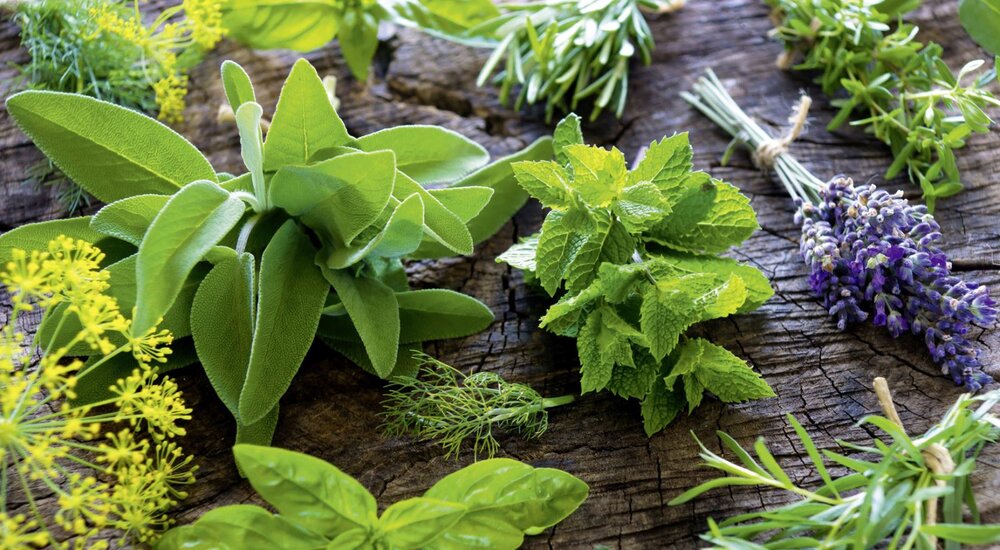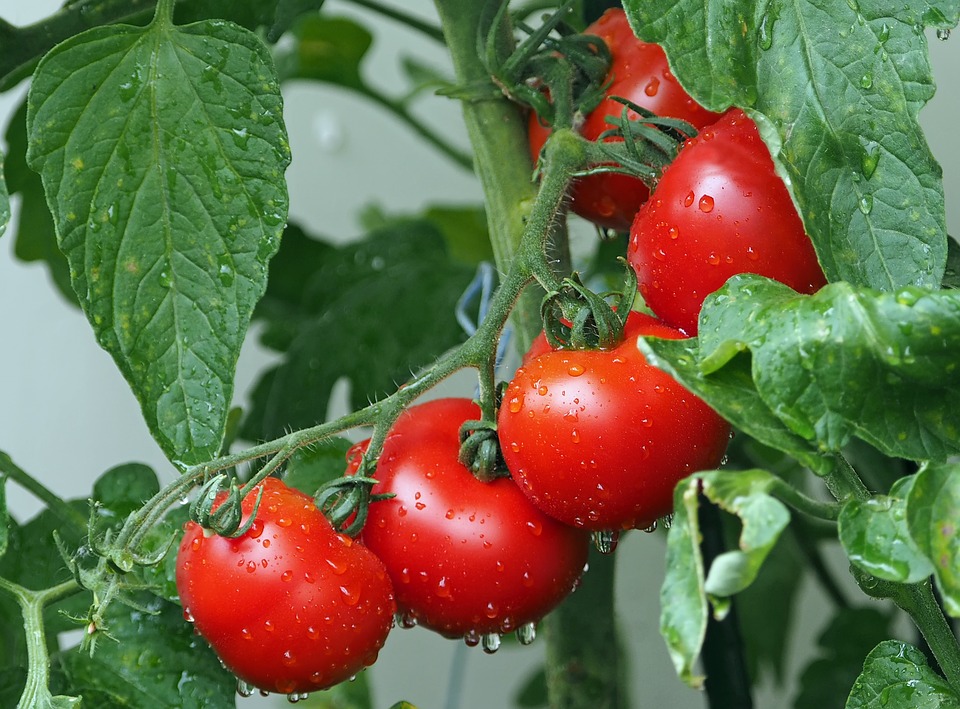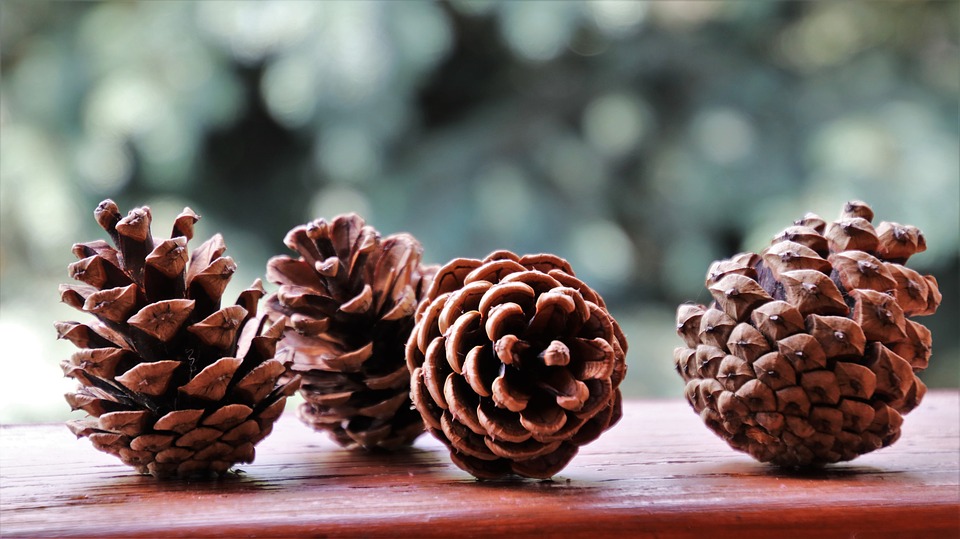Have you ever thought about having a beautiful garden at home? You can have everything fresh right from your garden even if you live in an apartment and don’t even have a balcony. All you need is a wall that gets a good amount of light, a trellis or pallet, a few vases or corners and in a few steps you can build your own vertical garden.
Better than having one that is just decorative, cultivate the appeal of picking herbs from your own garden, not only for flavoring food, but also for making healthy teas and infusions. Today, we list a few medicinal plants you can have in your garden so you can easily enjoy all the benefits of these natural remedies.
1.Aloe
It is powerful against skin diseases, blemishes, sunburn and acne. Its best known application, however, is for the hair, preventing dandruff and hair loss, providing more moisture and shine.
It is also known to fight lice by simply rubbing the gum from inside the hair or skin. Pregnant or menstruating women should not drink it, as well as people with hemorrhoids and children. And beware: only natural aloe vera can be ingested.
Learn how to plant aloe by clicking here.
2.Wormwood
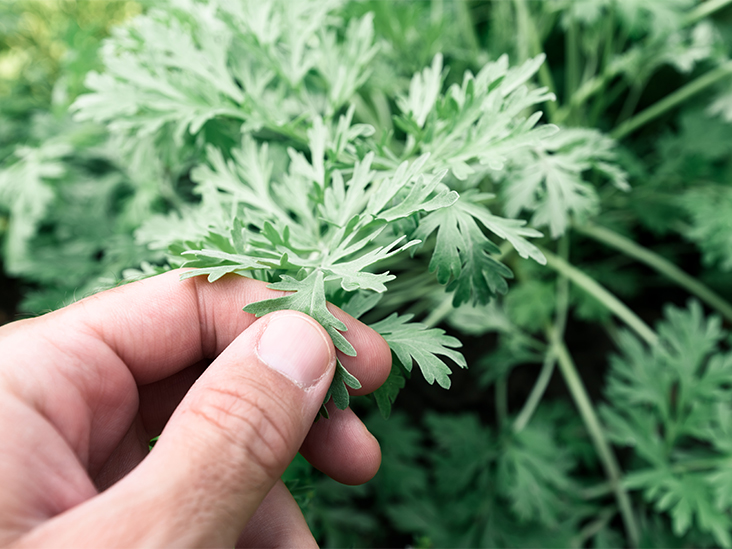
Stimulates appetite, expels bacteria from the stomach, helps treat the gallbladder, improves digestion and can even be used topically on wounds and insect bites. Do not use if you are pregnant or breastfeeding.
3.Rosemary
It is also a seasoning, but in addition to leaving that pleasant aroma in meat and pasta, it prevents the accumulation of gas, facilitates the digestion process, is used against fevers and respiratory diseases and to regulate menstrual flow.
4.Tea Tree
Expectorant and antiseptic, this plant stimulates the immune system and fights infections. Interestingly, it is used topically for just about everything from vaginal infections to athlete’s foot, from ringworm to warts: just make an infusion before applying it.
5.Parsley
Easy to play in the best kitchens, parsley is also excellent against cystitis, flatulence, rheumatism and even bad breath.
6.Thyme
You may not know it, but the aromatic herb used in chicken, pizza and sauces is actually a great fluidifier and expectorant, acting even in cases of sinusitis and bronchitis.
7.Mint
Delicious in soups and meats, in infusion, it opens the respiratory tract. It also helps you lose excess weight.
8.Lemongrass
Lemongrass fights cramps and abdominal pain, diarrhea and even works as a mild analgesic. In compresses, it helps to treat skin conditions.
9.Lemon Balm
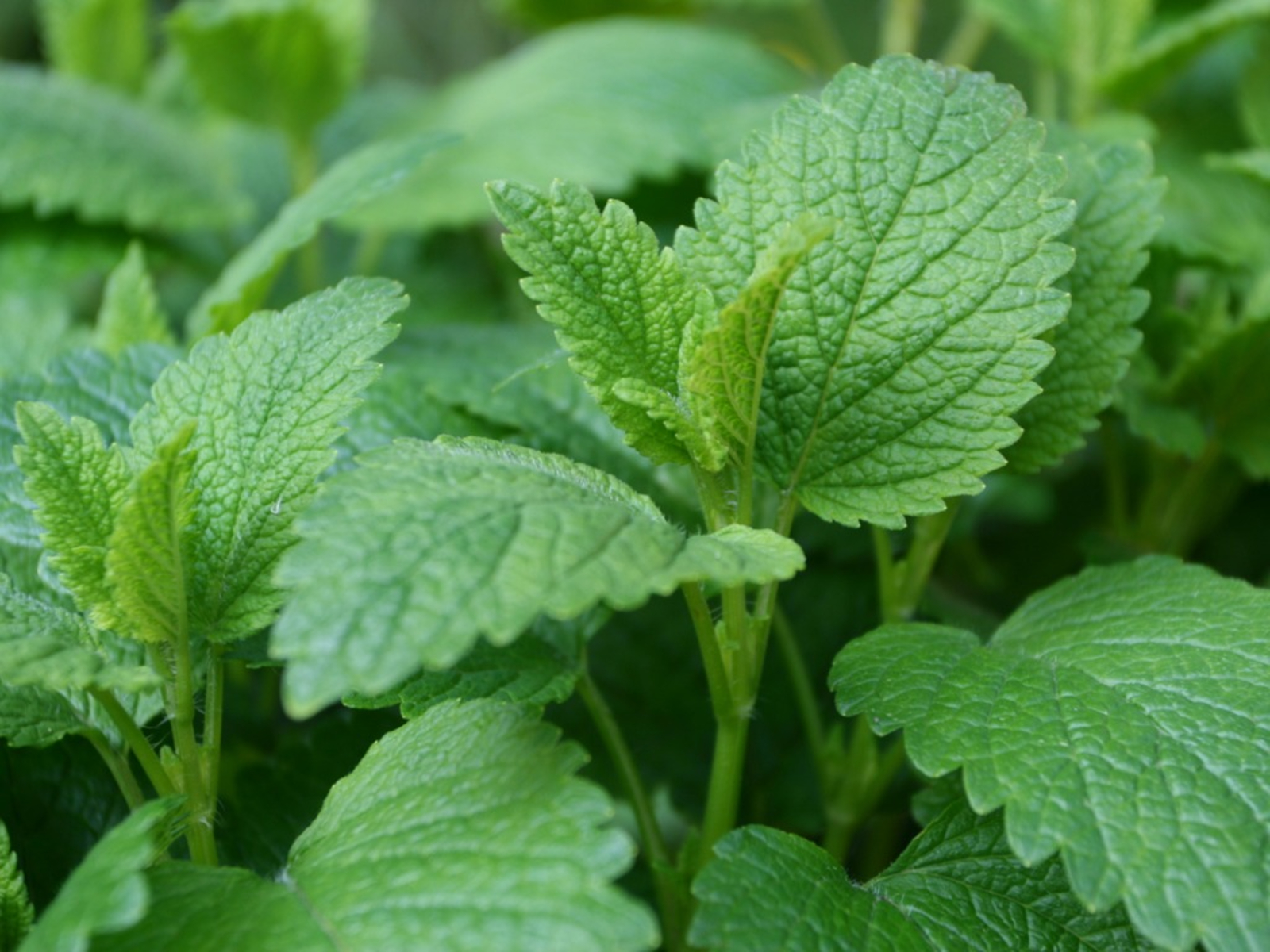
Lemon balm is excellent for regulating sleep disorders, nervousness, anxiety, high blood pressure and even cold sores. It is just not suitable for people with thyroid problems or a weak heartbeat.
10.Chilean Blueberry
This small shrub, very easy to pick, is an excellent natural remedy for flatulence and digestion problems, stomach pains, ulcers and spasms, especially when consumed as a tea.
11.French Tarragon
In addition to enhancing the flavor of chicken, egg, salad dressings and mustard dishes, French tarragon helps expel bacteria and also contributes to better digestion. When applied topically, the herb is used to relieve toothache and rheumatism. It should not be used by pregnant or nursing women.
12.Feverfew
Migraines and arthritis are much better with feverfew, whose leaves have a preventive and anti-inflammatory action.
13.White horehound (Marrubio)
The white horehound is a powerful expectorant, for dry cough and phlegm. It is also good for the gallbladder, liver, palpitations and typhoid fever.
14.Comfrey
Rich in vitamin B12 and calcium, it can be macerated and added to skin creams, promoting cell reproduction. It is excellent for swelling and bruising of wounds. However, this plant contains poisonous chemicals and only its leaf, root, and root-like stem (rhizome) can be used to make medicine.
Have you seen how easy it is to have a garden that is not only beautiful and aromatic but also medicinal? What about you, do you already grow any of these plants? Tell us in the comments!

